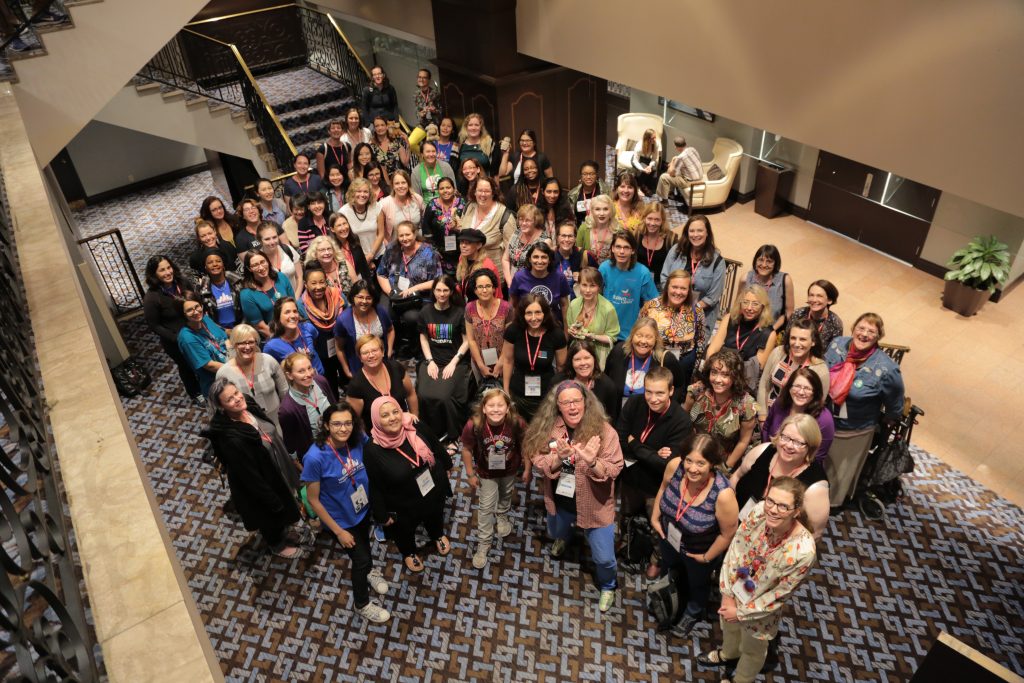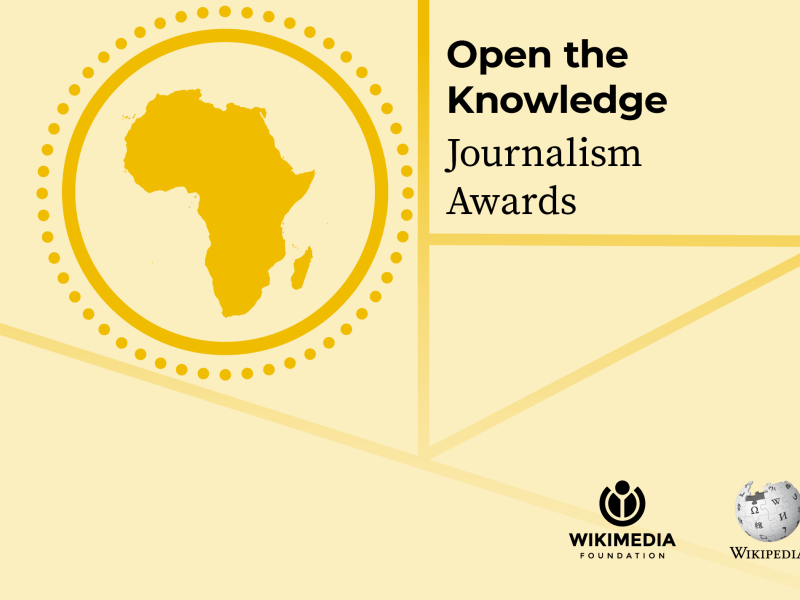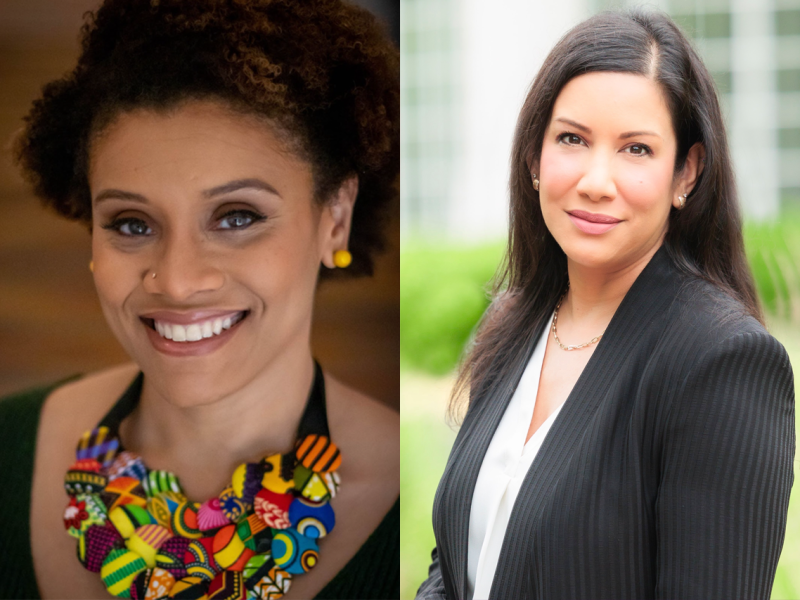Wikimedia has accepted six interns through the Outreachy program who will work on a wide variety of Wikimedia projects (five coding and one translation related) with help from twelve Wikimedia mentors from December 2017 through March 2018.
Outreachy is an internship program coordinated by Software Freedom Conservancy twice a year with a goal to bring people from backgrounds underrepresented in tech into open source projects. Seventeen open source organizations are participating in this round, and will be working with a total of 42 interns. (Six interns are participating from Wikimedia.) Accepted interns will be funded by the Wikimedia Foundation’s Technical collaboration team that coordinates Wikimedia’s participation in various Outreach programs.
Below are details of the accepted projects:
Translation outreach: User guides on MediaWiki.org – Intern: Anna e só, Goiânia, Brazil; Mentor(s) Johan Jönsson, Benoît Evellin
There is a lot of technical documentation in English around Wikimedia projects and topics hosted on MediaWiki.org. This documentation is usually translatable but is rarely translated, at least in not more than a few languages. Also, becoming and staying engaged as a translator is difficult. This project will help develop outreach strategies to reach out to potential translators, with an ultimate goal of providing technical documentation to readers in the language they are comfortable.
User contribution summary tool – Intern: Megha Sharma, Punjab, India; Mentor(s) Gergő Tisza, Stephen LaPorte
Being able to take a sneak peek into your contributions can be rewarding in the open source world and keeps you motivated in staying involved. In Wikipedia, due to its highly collaborative nature, it’s not easy for the editors to take credit for the value they added to an article. This project would be a first step towards tackling this problem through a new tool that would allow Wikipedia editors to view a summary of their contributions.
Improvements to Grants review and Wikimania scholarships web apps – Intern: Neha Jha, New Delhi, India; Mentor(s) Niharika Kohli, Bryan Davis
Wikimedia Grants review and Wikimania scholarship web applications are two similar platforms that enable users to submit scholarship applications and for administrators to review and evaluate them. This project will help make planned improvements to these apps.
Refactoring the MediaWiki MassMessage Extension – Intern: Noella, Douala, Cameroon; Mentor(s) Alangi Derick, Legoktm
The MassMessage extension allows a user to send a message to a list of pages via special page Special:MassMessage. There are large wikis that use this extension already: Wikimedia Commons, MediaWiki, Meta-Wiki, Wikipedia, Wikidata, etc. This project is about refactoring the technical debt that has accumulated over years since this extension is in use to make it match recent MediaWiki standards.
Improve Programs & Events Dashboard support for Art+Feminism 2018 – Intern: Candela Jiménez Girón, Berlin, Germany; Mentor(s) Sage Ross, Jonathan Morgan
Programs & Events Dashboard helps organize and track group editing projects on Wikipedia and other wikis (such as edit-a-thons). One of the major use cases of this dashboard is the Art+Feminism project, a worldwide program of edit-a-thons that take place in March every year. There was a range of problems identified during the 2017’s edition, and new features requested afterward. This project will focus on improving the Dashboard with help from organizers to better support the 2018’s edition.
Automatically detect spambot registration using machine learning like invisible reCAPTCHA – Intern: Vinitha VS, Telangana, India; Mentor(s) Gergő Tisza, Adam Roses Wight
Wikimedia’s current captchas can easily be cracked by spam bots, and it takes multiple attempts for a human to solve them. Moreover, the statistics show a failure rate of around 30%, and we don’t know what percentage of this is due to bots. Current captchas are problematic as they allow registration via bots, and trouble people with visual impairments and lacking English skills. This project aims to develop a revised Captcha system which would be friendlier to humans and harder for bots to crack.
You can stay up to date with the progress on these projects through the reports our interns will write on personal blogs. Our interns are quite excited about the opportunity and dedicated to making their project a successful one. One of the accepted interns wrote in their blog post before the results were out: “Even if my name doesn’t appear in the Outreachy’s interns page this Thursday I want to make a pin to celebrate what I made in the last two months. I dedicated a lot of time to contribute to Wikimedia and all the things I learned there were really important. I don’t regret anything..”
We would like to thank everyone who applied to Wikimedia. We received a total of fourteen robust proposals, out of which we chose six. Wikimedia mentors spent quite a lot of time mentoring candidates during the application period, in reviewing their pull requests, and giving them feedback on their proposals.
Stay tuned with Wikimedia’s participation in Outreach programs. If you are interested in applying for the next round of Outreachy, remember that the application will be due in the last week of March of 2018.
Srishti Sethi, Developer Advocate, Developer Relations
Wikimedia Foundation
This post has been updated to add the name of one of the six Outreachy interns, and to correct name the mentors of the “Automatically detect spambot registration …” project.




